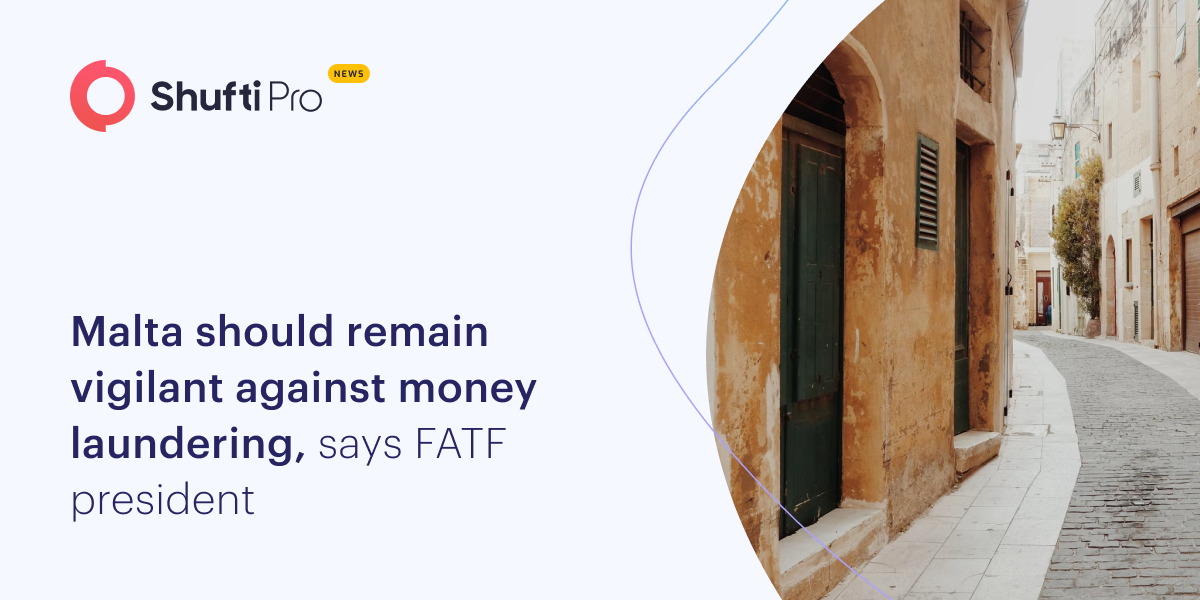Malta Should Remain Vigilant Against Money Laundering, Says FATF President

FATF President Marcus Pleyer says that Malta must prioritise its fight against illicit financial activities such as money laundering
Money laundering is a serious crime that promotes financial theft and terrorism. The corrupt use it as an essential method to carry out their illegal acts. The authoritarians and organised crime groups are benefitted from this method which converts the dirty money into legal assets.
FATF, a global money laundering and terrorist financing watchdog, has set international standards, that assess various countries and monitor the activities publicly of those who are not doing enough against money laundering controls in their region. The global watchdog tracked some serious issues in the controls of Malta’s AML (Anti Money Laundering) and CFT (Combating against terrorist financing) policies in 2019.
Malta is one of the international financial centres and the gateway to the EU market, these deficiencies could impose multiple risks to the international system of financing. The FATF had provided various opportunities to the country for new reforms, but Malta still possessed several issues with their policies. With lacking the control, Malta was greylisted by the FATF last June, It became the first country in the EU in over a decade to be on the grey list.
In this move of the international watchdog, the Maltese government gave a high-level political commitment to work with the FATF standards. After several extensive efforts to crack down on illicit finance which involved major changes in both operations and organisations, Malta was removed from the grey list earlier this month.
The FATF President, Marcus Pleyer stated on the country’s regulations that: “It is imperative for authorities to improve implementation of Malta’s laws”. Malta has increased the tracking of the beneficial ownership of companies, which was a gateway for major money laundering activities.
The authorities have also taken strict measures on the violation of the imposed penalties for beneficial ownerships. The gatekeepers of financial systems including accountants and lawyers are also made responsible to regulate the standards, and also to be held accountable if they fail to comply with the set of proposed obligations on the verification of owners.
Malta has also increased the monitoring and analysis of its financial tax offences. The complete staffing is improved with a higher quality of intelligence. These new measures have helped law enforcement agencies to detect and investigate the cases in line with Malta’s most significant money laundering threats and tax crimes.
Suggested Read: Malta Faces 200% Spike in Money Laundering Cases

 Explore Now
Explore Now













